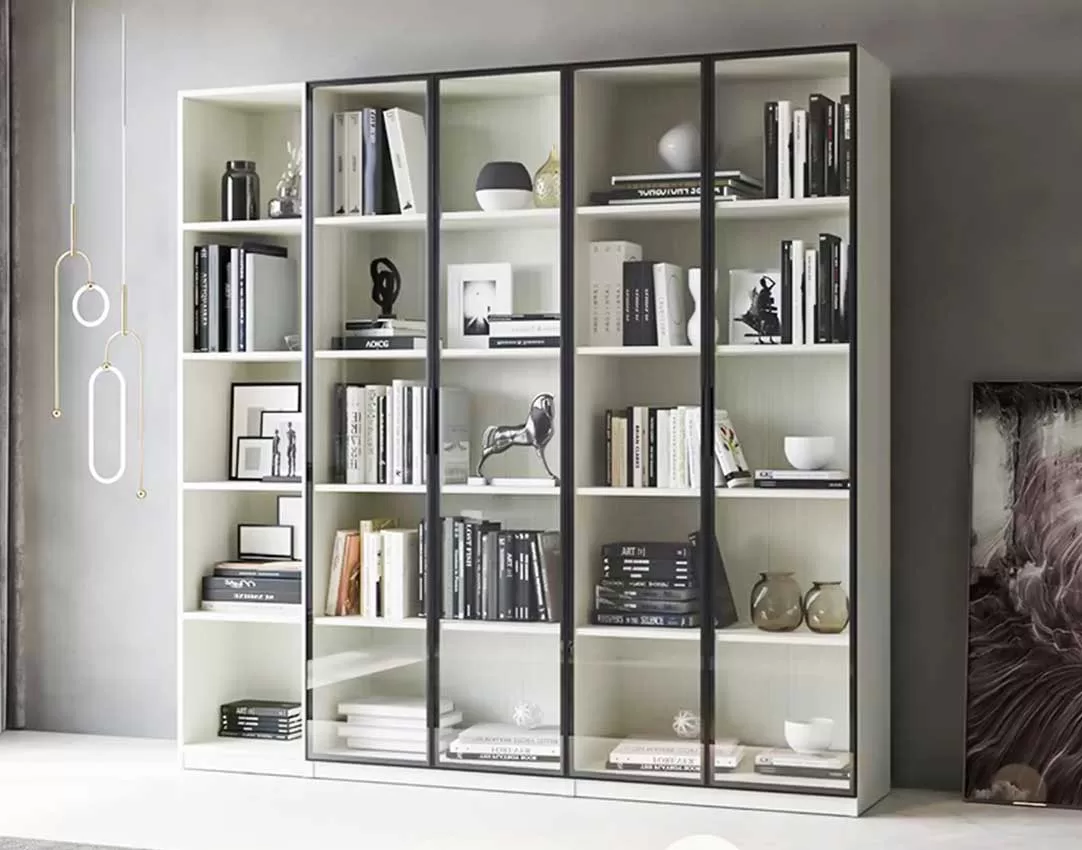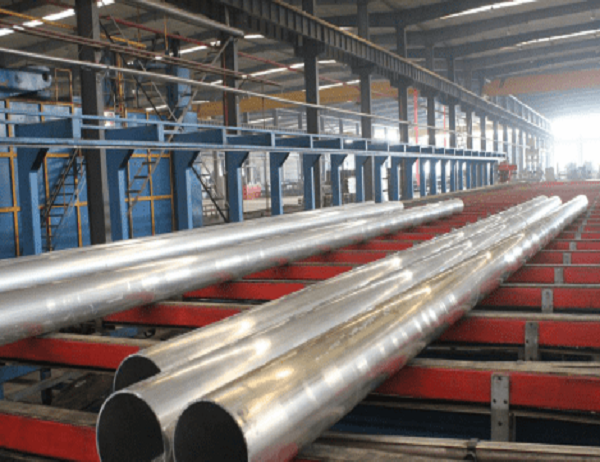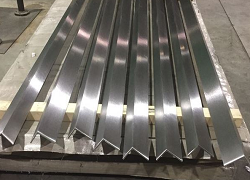Aluminum alloy pipes offer a unique combination of properties that make them ideal for a wide range of industrial and construction applications. Their lightweight, durability, and corrosion resistance make them an excellent choice for projects where performance and longevity are crucial.
Lightweight and Durable
Aluminum alloy pipes are significantly lighter than steel pipes, making them easier to transport and install. This can result in substantial cost savings, especially for projects that require large quantities of piping. Furthermore, aluminum alloys possess exceptional mechanical strength and toughness, allowing them to withstand high pressures and impact loads without compromising their integrity. This durability makes them ideal for applications in pipelines, pressure vessels, and structural components.
Corrosion Resistance
Aluminum alloy pipes exhibit excellent corrosion resistance, which is critical for projects in harsh environments or those that involve contact with corrosive substances. Unlike steel pipes, which are susceptible to rust, aluminum forms an oxide layer on its surface that protects it from further oxidation. This passive layer ensures long-term durability and prevents the formation of scale or corrosion that can degrade pipe performance and reduce its lifespan.
Thermal and Electrical Conductivity
Aluminum alloy pipes have high thermal conductivity, which makes them suitable for applications involving heat transfer. This property enables efficient cooling and temperature regulation in industrial processes and HVAC systems. Additionally, aluminum alloys are good conductors of electricity, making them an ideal choice for electrical components and wiring. Their lightweight and corrosion resistance further enhance their suitability for electrical applications.
Weldability and Formability
Aluminum alloy pipes are highly weldable, which simplifies construction and repair. They can be welded using a variety of techniques, including TIG, MIG, and laser welding, allowing for secure and reliable connections. This weldability provides flexibility in design and enables the creation of complex piping systems with minimal downtime. Moreover, aluminum alloys are easily formed, allowing them to be bent or shaped to fit specific requirements or accommodate changes in project design.
Environmental Sustainability
Aluminum alloy pipes are environmentally sustainable, as aluminum is a highly recyclable material. This reduces the environmental impact of these pipes over their lifecycle. Additionally, their corrosion resistance and longevity contribute to reducing waste and minimizing the need for maintenance or replacement. By choosing aluminum alloy pipes, project managers can contribute to green building practices and promote a more sustainable future.
Aluminum alloy pipes offer a range of advantages that can significantly enhance the performance and longevity of projects. Their lightweight, durability, corrosion resistance, thermal and electrical conductivity, weldability, and formability make them a compelling choice for industrial and construction applications. By utilizing aluminum alloy pipes, project managers can achieve exceptional results, ensure long-term reliability, and promote environmental sustainability in their ventures.



